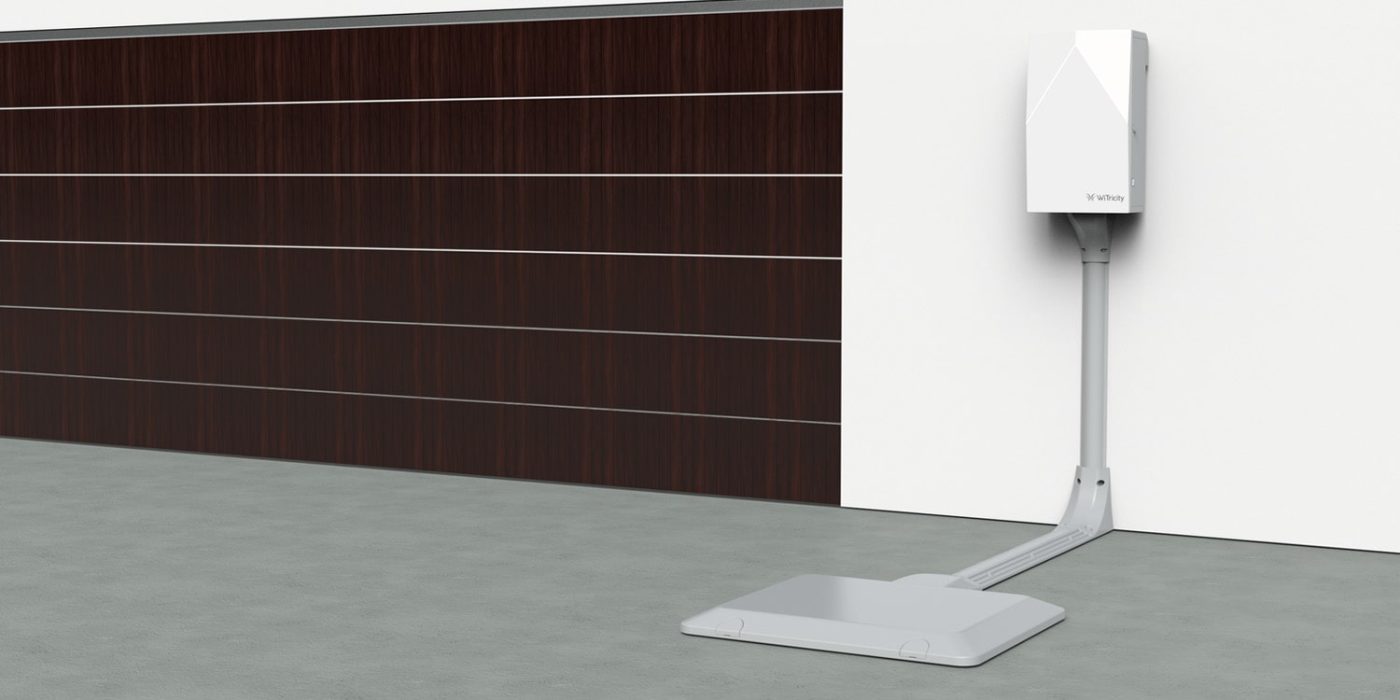ABT & WiTricity to offer inductive charging solution for the ID.4
ABT e-Line wants to offer inductive charging for electric cars in the European aftermarket with WiTricity. The VW ID.4, which will be upgraded by ABT e-Line for wireless charging with WiTricity technology, will be the first to be launched at the beginning of 2024. Other electric cars from the VW Group are to follow.
The company from Kempten in the Allgäu region of Germany specifically names models such as the VW ID. Buzz, Audi e-tron GT and Porsche Taycan. The exact form of the aftermarket solution for the aforementioned vehicles is not made clear in the ABT e-Line announcement. The charging capacity, as well as the scope of the necessary work and associated costs, are not yet clear.
The charging solution with WiTricity’s special magnetic resonance technology enables charging processes “with the same speed and efficiency as at an electric charging station”, according to the ABT communication. Of course, this still leaves room for manoeuvre in terms of charging power (especially as models such as the Audi e-tron GT and Porsche Taycan, for example, are also optionally available with a 22-kW AC charger), but it is important in terms of efficiency. For a long time, inductive charging solutions had significantly higher losses than wired charging, which, extrapolated to many vehicles, would have added up to a significant amount of energy that would have been lost.
WiTricity itself provided an indication of the charging performance and scope of the system a little over a year ago when the company presented its own retrofit solution for its inductive charging system in electric cars in February 2022. Called WiTricity Halo Charging, the retrofit system for the US market offers 11 kW of power. This upgrade package includes three components: the power receiver, which is installed on the vehicle; the wall box, which is connected to the power supply; and the charging station, which is installed on or in the ground.
Via the cooperation with ABT e-Line, an adaptation for Europe and the local market launch will follow next year. Previously, WiTricity had focused on installing inductive charging in vehicles at the factory through OEM cooperation.
While many electric vehicle drivers users today do not consider plugging in a charging cable to be much of a problem, Alex Gruzen, CEO of WiTricity, sees things differently. “EV owners tend to count charging as the key drawback to ownership, and potential owners may see it as a reason to delay purchase. Charging with a cord or cable is inconvenient, as they can be heavy, bulky or trip hazards,” says the CEO. “And that’s before you add arms full of kids or backpacks, rainy weather or snowbanks. Wireless charging removes those inconveniences, so owners can simply park and charge.”





0 Comments